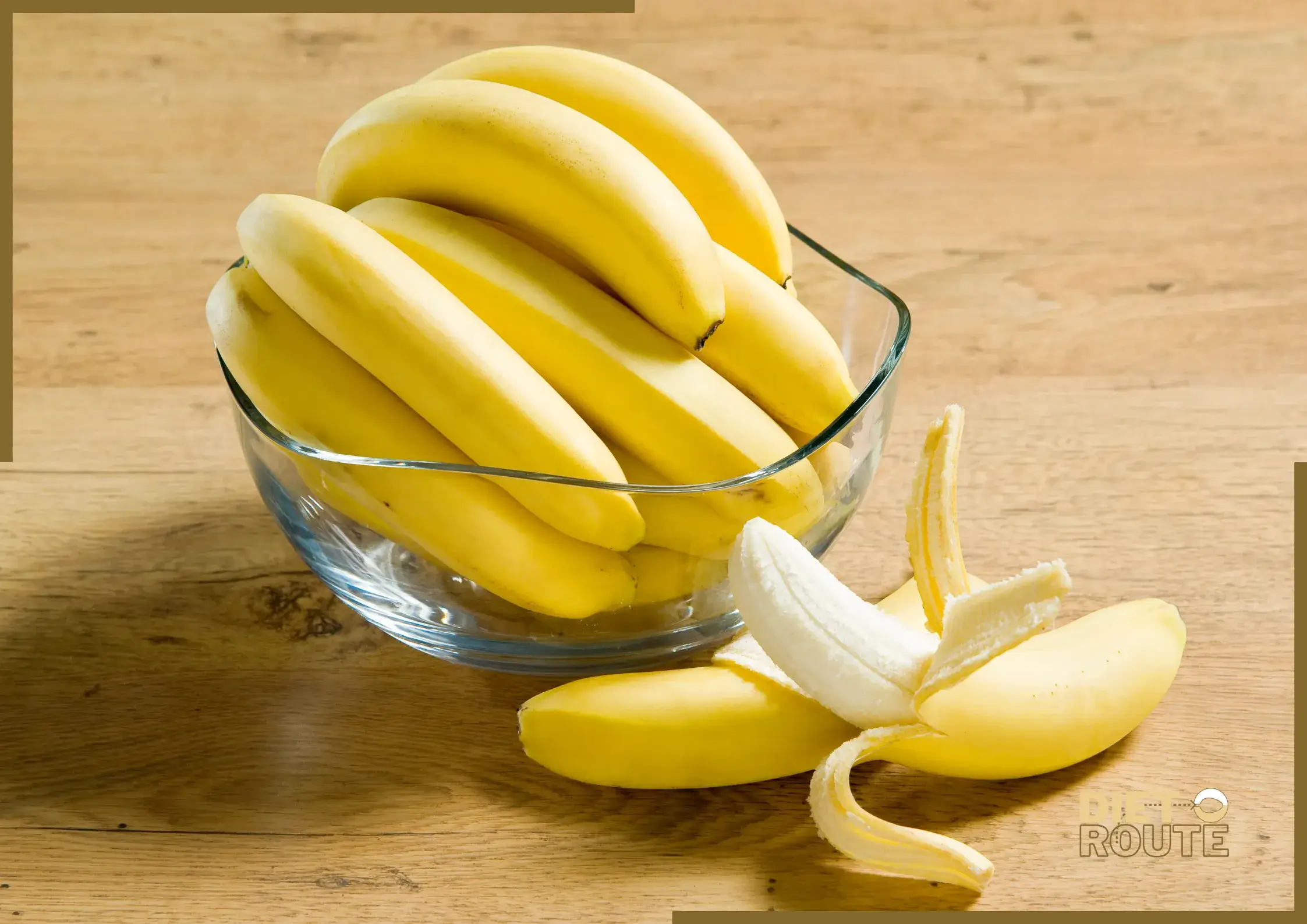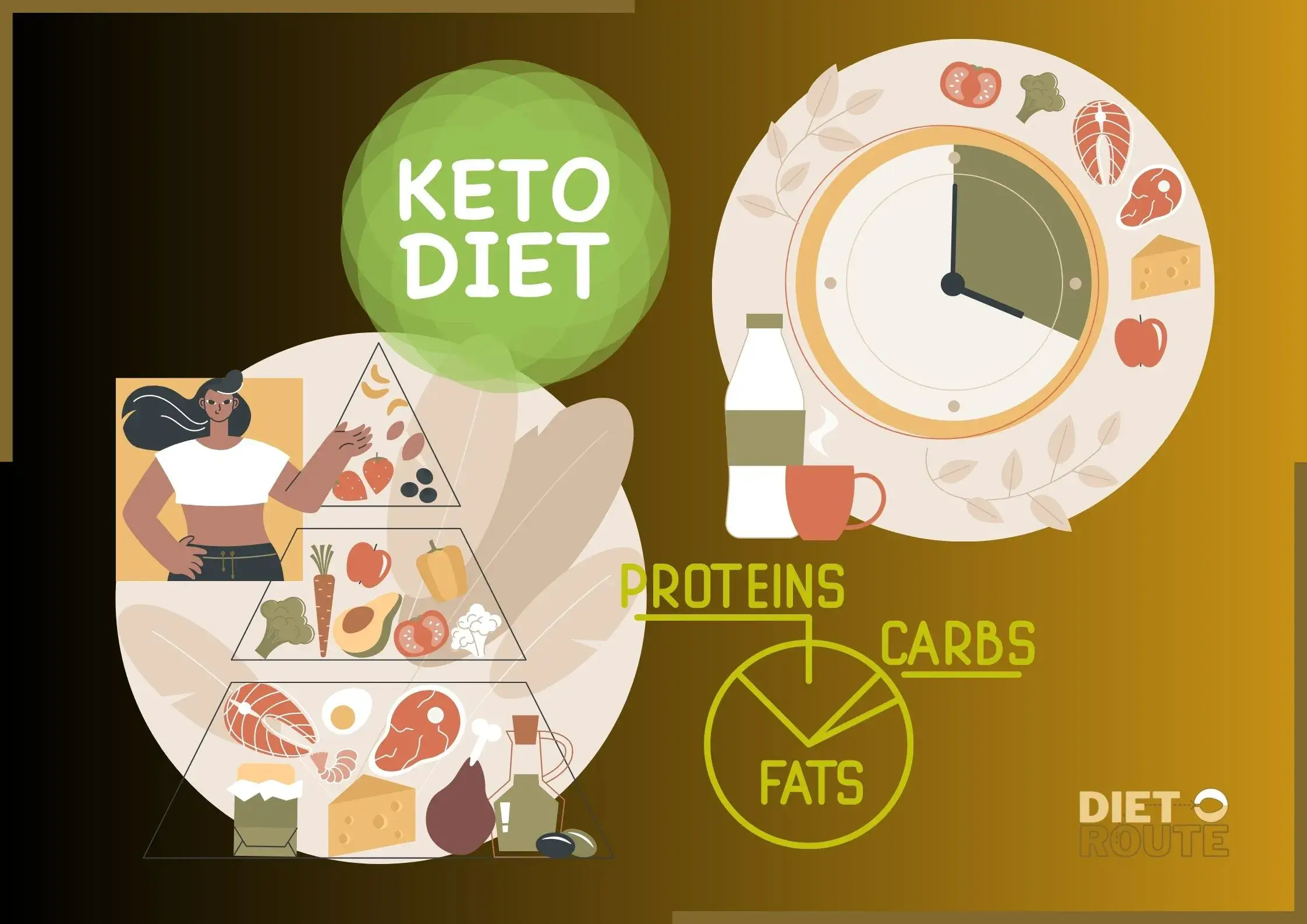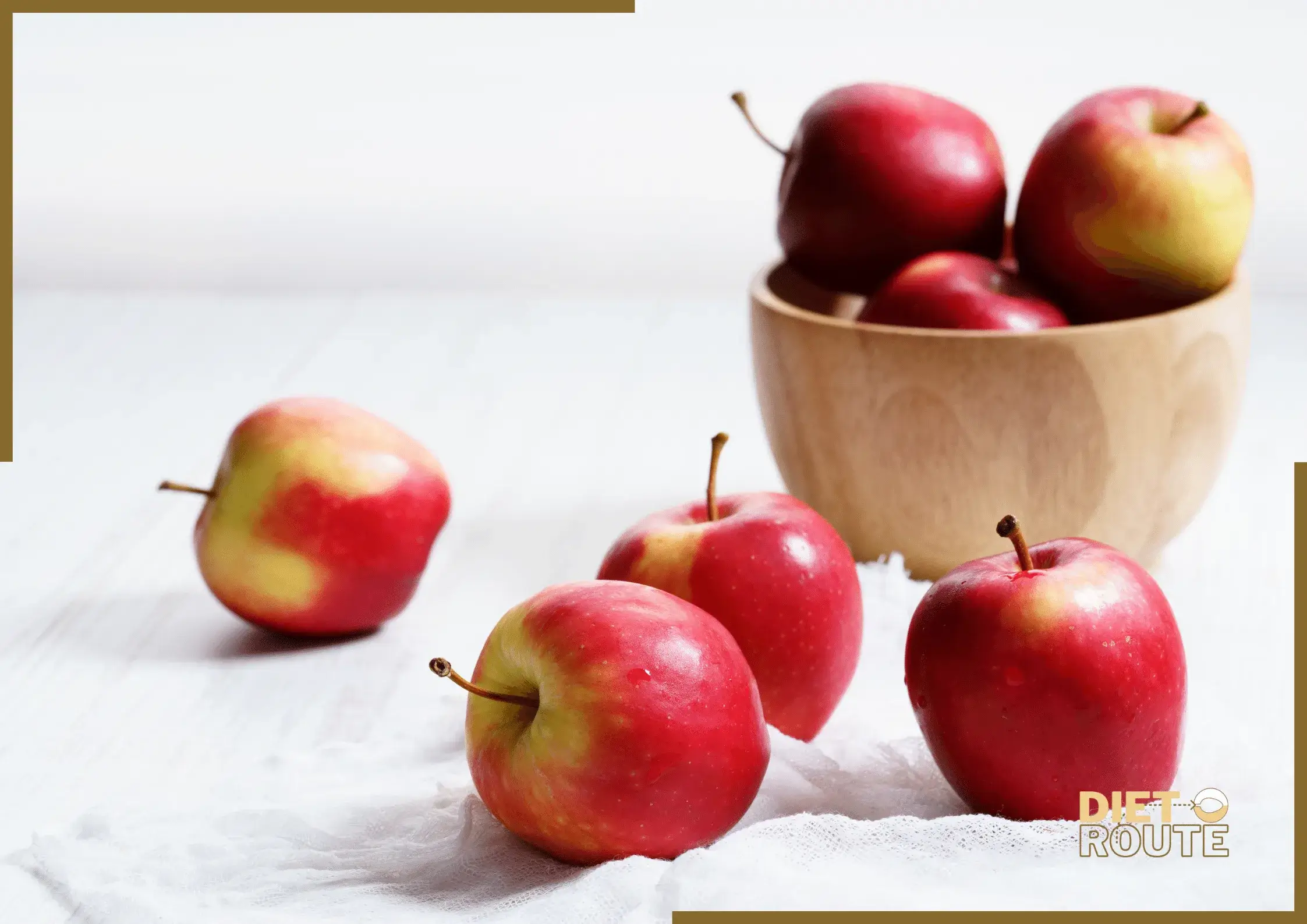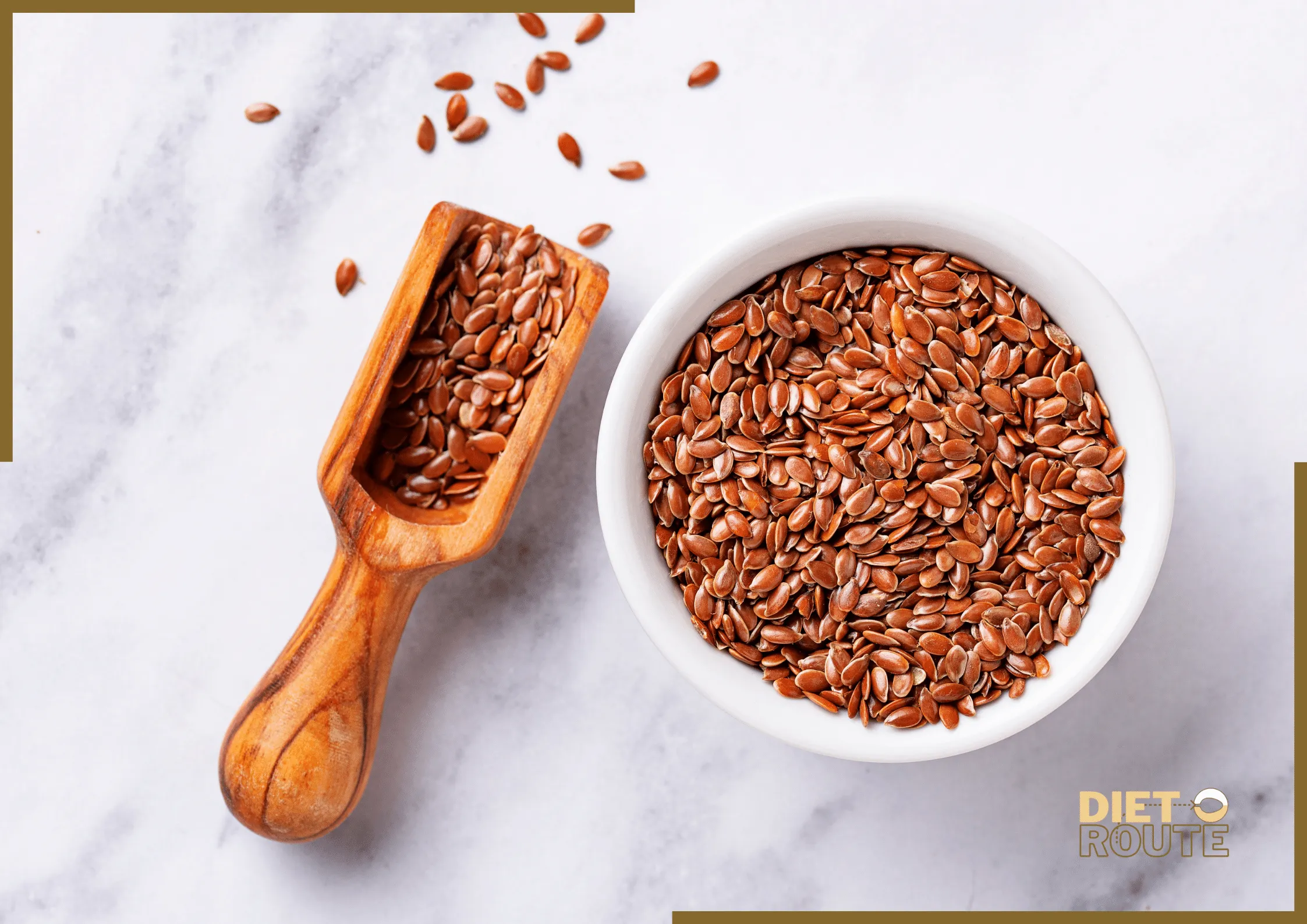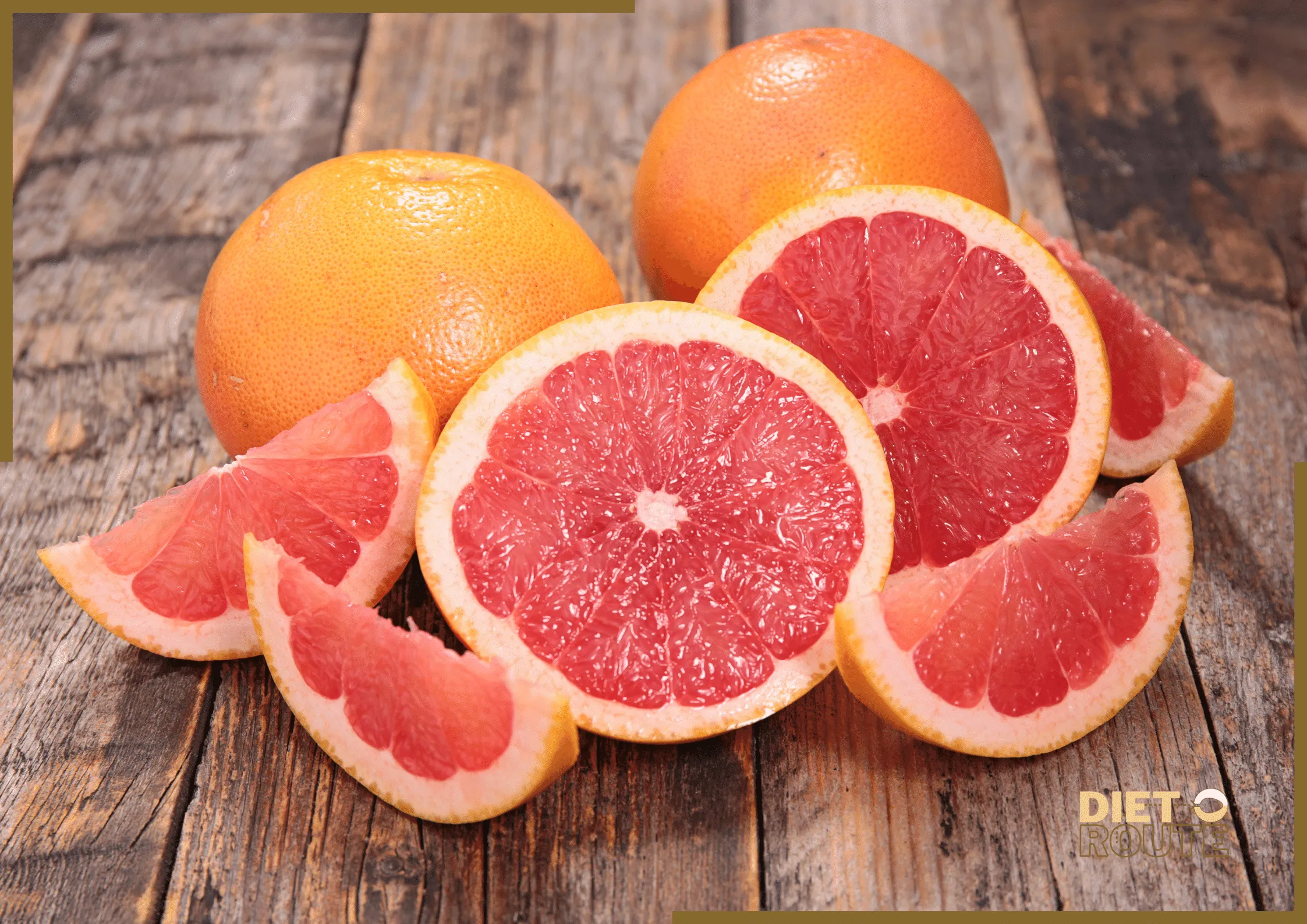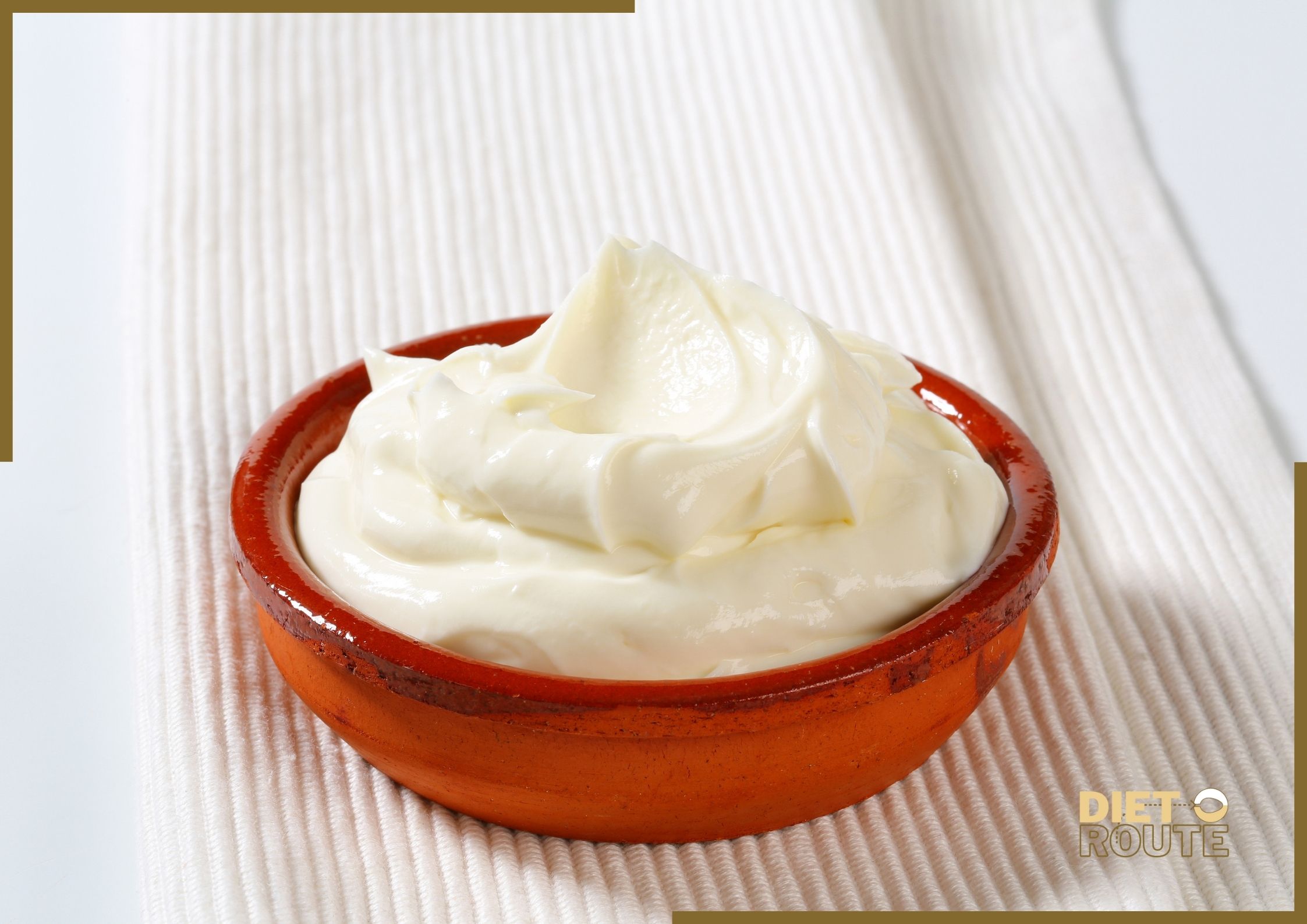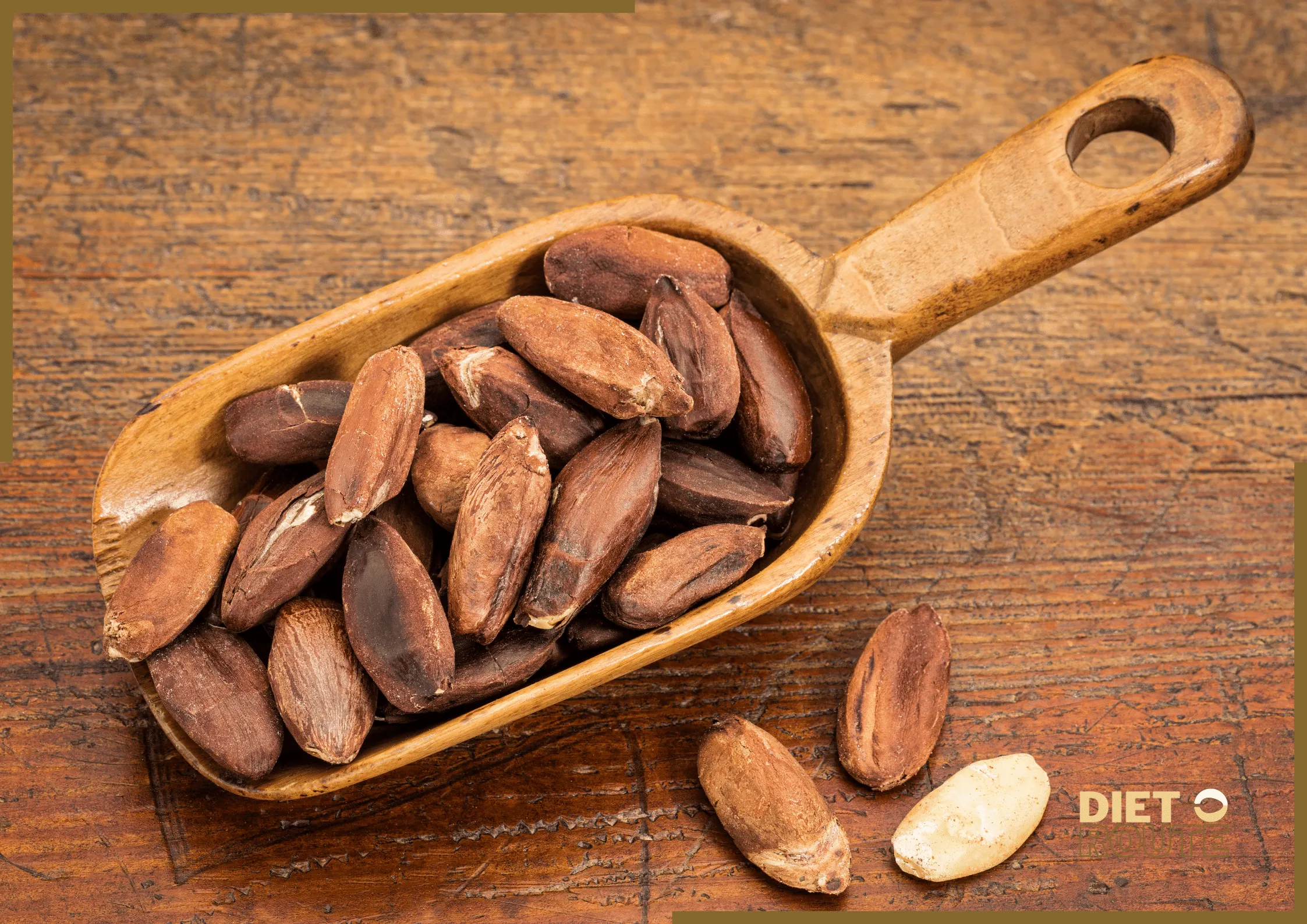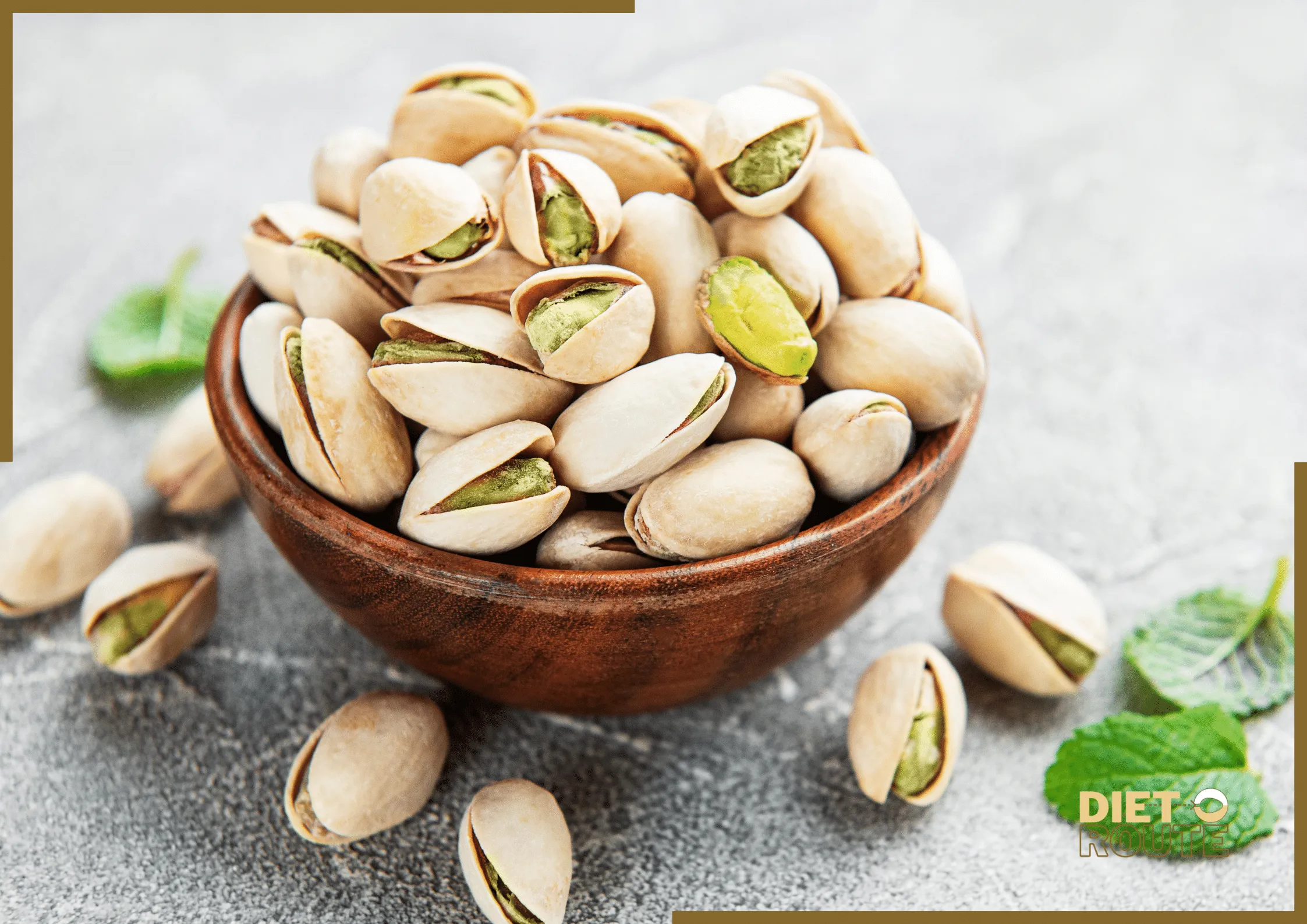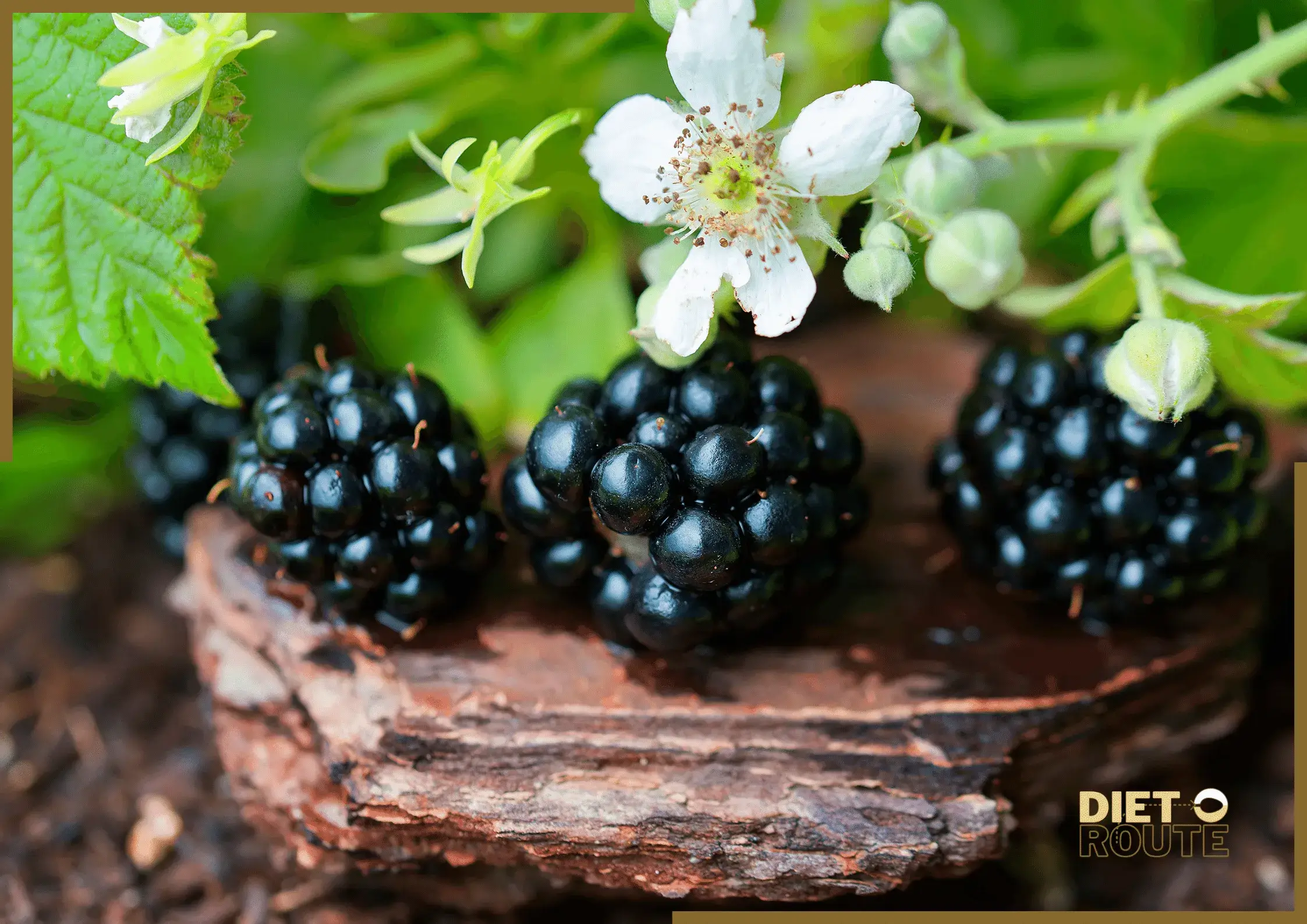Table of Contents
Nutritional Value Approximately 100 grams
The values provided are approximate can vary depending on the size and ripeness.
| Nutrient | Amount per 100g | % Daily Value |
|---|---|---|
| Calories | 96 | 5% |
| Carbohydrates | 23.9g | 8% |
| Fiber | 2.6g | 10% |
| Protein | 1.1g | 2% |
| Fat | 0.3g | 0% |
| Vitamin C | 8.7mg | 15% |
| Vitamin B6 | 0.4mg | 22% |
| Vitamin A | 64IU | 1% |
| Potassium | 358mg | 10% |
| Magnesium | 27mg | 7% |
| Manganese | 0.3mg | 14% |
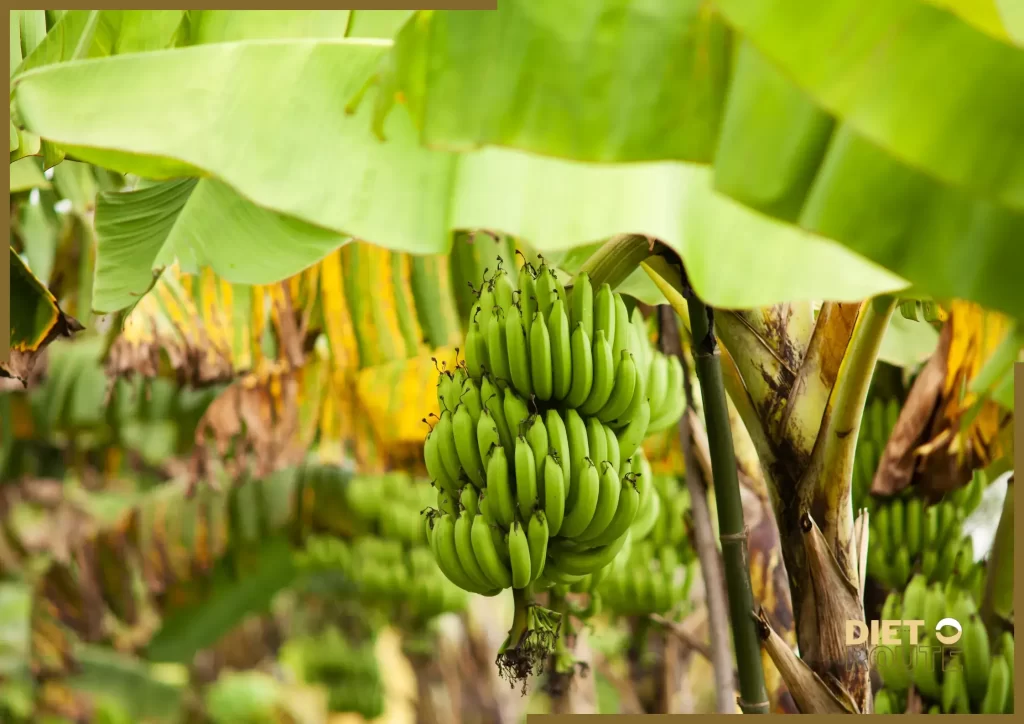
Pros
1.Bananas are a nutrient-rich fruit that contains essential vitamins and minerals like potassium, vitamin C, vitamin B6, and dietary fibre. These nutrients help support various bodily functions and promote overall health.
2. This fruit is a great source of energy due to their natural sugars such as fructose, glucose, and sucrose. They provide a quick and sustained energy boost, making them an excellent pre-workout or physical activity snack.
3.They are great for digestive health due to their high fibre content. They can help prevent constipation, maintain regular bowel movements, and support overall digestive system health.
4. This fruit is great for heart health due to their high potassium content, which can help regulate blood pressure and potentially lower the risk of cardiovascular diseases. They are rich in fibre and antioxidants, which can help in reducing cholesterol levels.
5. They are rich in tryptophan, an amino acid that can be converted by the body into serotonin. This neurotransmitter is well-known for its ability to enhance mood and promote feelings of well-being. Incorporating into your diet can potentially enhance your mood and foster a feeling of wellness.
6.This fruit offer skin and hair benefits due to their high vitamin C content. This nutrient promotes collagen production, which can enhance skin elasticity and minimise the visibility of fine lines and wrinkles. Topically applying mashed can moisturise and nourish the skin and hair.
Cons
1.Bananas have a high caloric content compared to certain fruits, despite their numerous health benefits. To stay within their daily caloric limit, people following a calorie-restricted diet should pay attention to their portion sizes.
2. They are a great source of natural sugars, such as fructose, which can be a part of your daily sugar intake. Individuals who have diabetes or are keeping track of their blood sugar levels should limit their banana intake and be mindful of their overall carbohydrate consumption.
3.While uncommon, certain people may have an allergy to bananas. Possible symptoms of an allergy may involve itchiness, swelling, or respiratory distress. In case of any negative effects post consumption of bananas, it is recommended to consult a medical professional.
4.This fruit is a great for promoting digestive health, but overconsumption without proper hydration can potentially cause constipation in some people. Keeping a well-balanced diet and staying hydrated is crucial for good health.
5.They are a good source of essential nutrients, but they may not provide all the vitamins and minerals necessary for optimal health due to their limited nutrient variety. Having a diverse diet that incorporates a broad spectrum of fruits, vegetables, and other food categories is crucial for optimal health.
In a Nutshell
Bananas are a nutritious and tasty fruit that provide a variety of health benefits. They are a great dietary addition for those seeking to increase energy levels, aid digestion, or improve mood. For optimal health benefits, it is recommended to consume them in moderation and seek guidance from a healthcare expert for personalised advice on any dietary issues or sensitivities.
FAQs
1.Do bananas aid in weight loss?
Incorporating into your diet can aid in achieving a healthy weight loss. These foods have a low calorie count and are rich in fibre, making them ideal for promoting satiety and fullness. Proper portion control is crucial since excessive consumption may increase calorie intake.
2. Do bananas aid in relieving constipation?
They are recognised for their potential to aid in digestive health and alleviate constipation. High fibre content in these foods can aid in promoting regular bowel movements and enhancing gut function.
3. Can individuals with diabetes consume bananas?
Individuals with diabetes can consume in moderation. They are a great source of fibre which can help regulate blood sugar levels, despite containing natural sugars. For personalised guidance, it is recommended to seek advice from a healthcare professional or a registered dietitian.
4. Can bananas boost your energy levels?
Absolutely! They are a great natural source of sugars such as fructose, glucose, and sucrose. These sugars provide a rapid and enduring energy boost as they are rapidly absorbed into the bloodstream.
5. Do bananas have the potential to reduce blood pressure?
They are a potassium-rich fruit, which is a mineral that aids in the regulation of blood pressure. Incorporating this fruit into a well-balanced diet, in addition to other heart-healthy habits, can aid in the maintenance of optimal blood pressure levels.
6. Which is Healthier: Green Bananas or Ripe Bananas?
The nutritional profiles vary. Green bananas are rich in resistant starch, a prebiotic that promotes gut health. On the contrary, ripe bananas are more easily digestible and have a higher content of natural sugars.
7. Can bananas be included in a gluten-free diet?
Bananas are a great gluten-free option for those who follow a gluten-free diet as they are naturally gluten-free. For individuals with celiac disease or gluten intolerance, they are a delectable and nourishing choice.
8. Do bananas have a positive impact on mood?
Bananas are a great source of tryptophan, an amino acid that can be converted into serotonin by the body. Serotonin is a neurotransmitter that is known to regulate mood. They can enhance mood and promote a feeling of wellness.
9. What are the skin health benefits of bananas?
They provide multiple skin benefits. High vitamin C content in this product promotes collagen production, leading to improved skin elasticity and reduced visibility of fine lines and wrinkles. Topical application of mashed bananas can effectively moisturise and nourish the skin.
10. Can bananas cause allergic reactions?
Although uncommon, some people may have an allergy to this fruit. Possible symptoms of the condition may comprise of itchiness, inflammation, or respiratory distress. In case of any allergic reactions post banana consumption, it is crucial to consult a medical professional.
